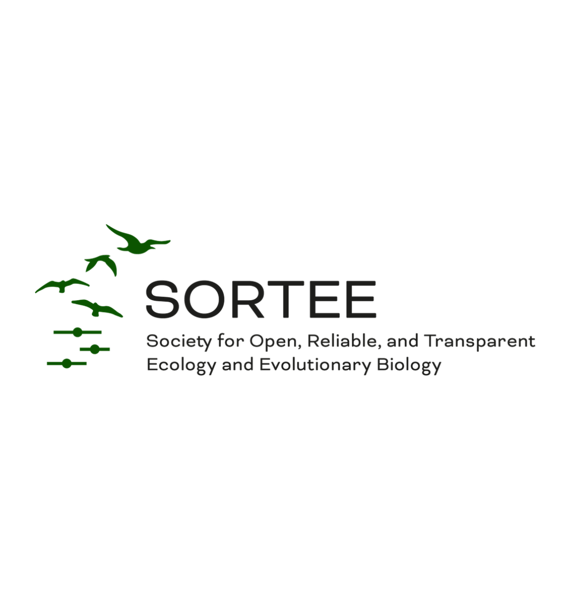SORTEE Conference 2023
Home | Events | Researchers | SORTEE Conference 2023

Online, 17–18 October 2023.
SORTEE (Society for Open, Reliable, and Transparent Ecology and Evolutionary Biology) conferences are informative, fun and low-cost.
There will be multiple participatory events organised by SORTEE members (you can submit a proposal a few months before the conference – watch out for content submission announcements).
SORTEE wants to facilitate lively exchanges of ideas, and so the following three participatory event types are the heart of the conference:
- Unconferences: Facilitated discussions of ideas for how to make ecology, evolutionary biology, and related disciplines more open, reliable, and transparent. Facilitation involves moderating the conversation with ideas and examples, but there are no formal presentations.
- Hackathons: Group projects with well-defined goals (papers, techniques, software, protocols, organisations, etc.).
- Workshops: Facilitators will teach tools for implementing open, reliable, and transparent practices.
SORTEE strongly encourages proposals for all contribution types from people at a wide range of career stages and from members of underrepresented groups.
For facilitated sessions (Workshops, Unconferences, and Hackathons), SORTEE welcomes proposals from small teams (as well as individuals). SORTEE encourages teams to include diverse perspectives, for instance with facilitators from different countries and balanced in terms of gender and career stage. Facilitation by early career researchers (students or early career postdocs) is warmly encouraged.
SORTEE encourages people with any questions about accessibility in the submission process or the events themselves to contact conf.sortee[@]gmail.com.
More information on the SORTEE website.